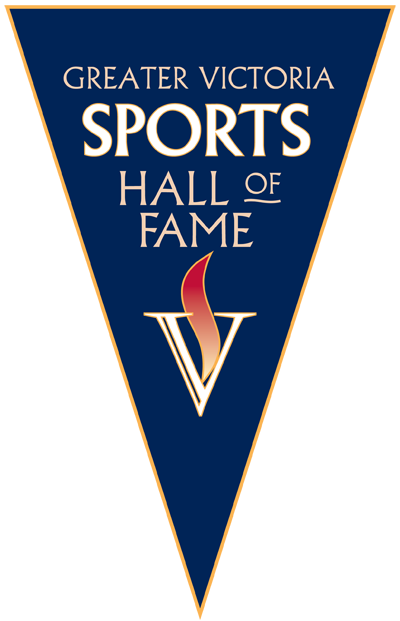Hartley was a constant on the summer tennis scene as a coach and instructor between the 1940s and '70s. Discipline developed through army service - his athletic prowess was enhanced playing basketball, soccer and other sports for the force during wartime - combined with unending patience and an affable teaching style led him to become one of the region's favourite coaches. A prolific cross-country and road racing runner in his own youth, he was considered by some to be ahead of his time with his technique and training methods. While tennis would eventually become his focus, he developed a number of aspiring runners at Victoria High School. But it was his dedication to creating lesson programs that taught the fundamentals of tennis, and his work to expand those programs around the Capital Region, that helped produce generations of players who ultimately passed on their love of the sport to their own families. It's no wonder the current Cedar Hill tennis facility bears Hartley's name today.
Characterized once as being "genetically blessed" to do the Hawaii Ironman triathlon - the official world championship of that long-distance event - Lori Bowden won that grueling event twice, in 2003 and 1999, and placed second or third five other times between 1997 and 2002. Having grown up in a Toronto-area household where both parents were into triathlon, Lori ultimately became the undisputed Canadian queen of the sport, winning five national titles from '97 to '02. Her overall record of 12 Ironman victories rank her third in the world. It'll likely be tough to keep Lori away from racing, even as she moves into her 40s. Consider that at age 39 in 2006 she came back from a nearly two-year Ironman hiatus to take second in Austria. That was where, in 2002, she posted the second-fastest women's time ever in the event of eight hours, 51 minutes, 22 seconds, a mark that still stands. Considering she didn't win her first Ironman race until she was 30, it's a good sign that she's made of different stuff than the average triathlete.








